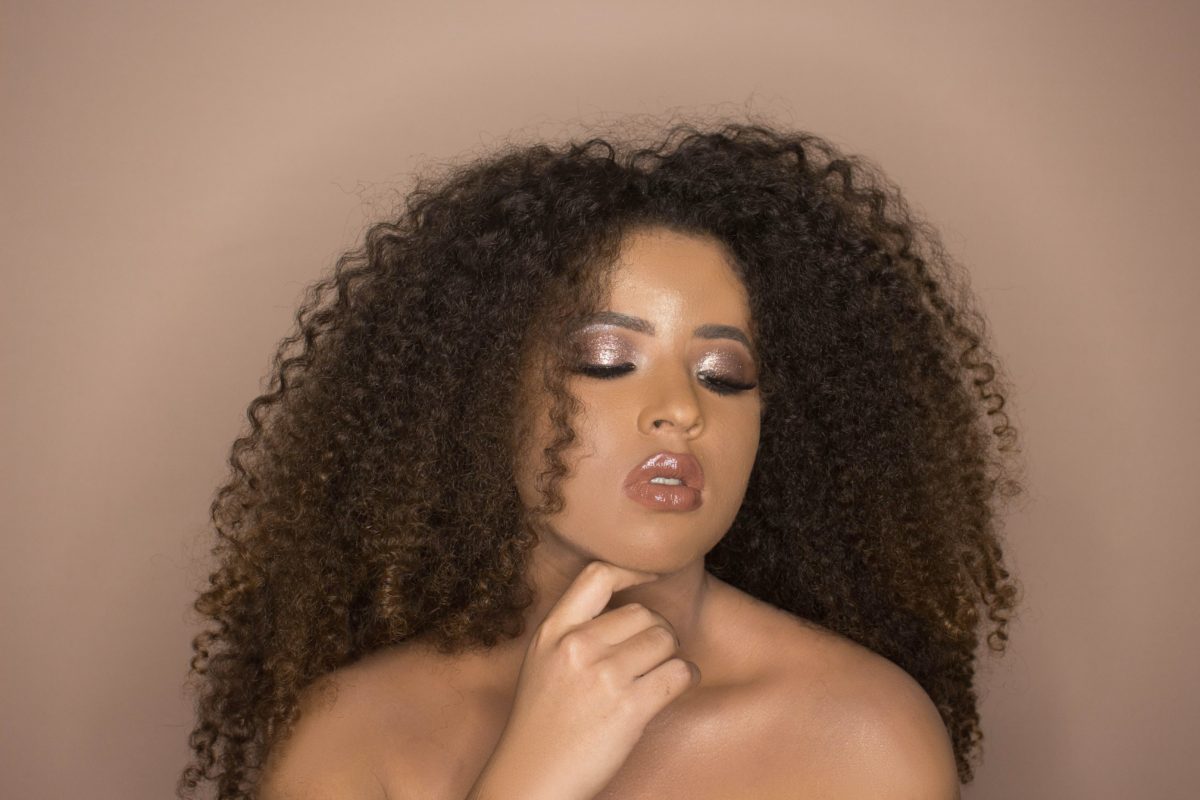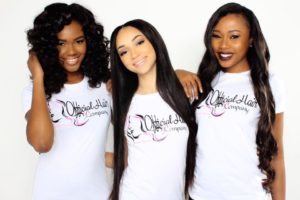Our body is naturally designed to nourish and care for its parts but it is our job to fuel this metabolism by providing the necessary nutrients. The quality and strength of our hair is heavily dependent on what we eat. Switching to these foods for healthy hair along with other lifestyle choices can deter problems like hair loss, dry hair, dandruff etc.
Protein for Healthy Hair
Hair is made of protein which means that it requires an adequate dose of protein to grow. If you don’t eat enough protein, your hair is likely to become dry and brittle. Every cell requires protein for life; they are needed for tissue repair and for the construction of new tissues. Amino acids are the building blocks of protein, there are eight essential amino acids that the body does not produce and must be derived from your diet.
Food choices: cheese, milk, soy, legumes, lentils, green peas, quinoa and yogurt.
Iron
Proper intake of iron is crucial for healthy and strong hair as it aids in the supply of oxygen to the roots of hair. A deficiency of iron in the body or anemia is often linked to hair loss. Women with heavy menstrual bleeding, who are pregnant or breastfeeding are more likely to be anemic. If you feel that your hair fall is more than normal, incorporate more iron in your diet.
Food has two types of iron, heme iron and non-heme iron. Heme iron found in meat, fish and poultry is readily absorbed by the body. Non-heme iron is found in fruits, vegetables and nuts. Foods with non-heme iron are still an important part of a nutritious, well-balanced diet, but the iron contained in these foods won’t be absorbed as completely. It is said that Vitamin C enhances the absorption of non-heme iron.
Food choices: clams, liver, sunflower seeds, nuts, beef, lamb, beans, whole grains, dark leafy greens (spinach), dark chocolate, and tofu.
Omega3 fatty acids
Omega-3 is known for its ability to fight scalp problems, hair fall and improper blood circulation to the scalp. It provides nourishment to the hair follicles to make the hair strong and healthy. They are called ‘essential’ because they are key to proper functioning of the body although our bodies are unable to actually manufacture them. Since the body is unable to synthesize omega-3s we have to obtain these essential nutrients through our diet.
Food choices: flaxseeds, walnuts, soybeans, kidney beans, salmon, sardines, olive oil.
With olive oil and fish, stay away from frying as it will damage the omega-3s and deprive you of their health benefits.
Zinc and Selenium
Zinc deficiency can lead to weakening of the hair follicles which in turn leads to hair shedding. Zinc is also believed to play a crucial role in DNA and RNA production that is required for the normal division of hair follicle cells, leading to healthier hair growth. Zinc also helps to keep hormone levels balanced. Insufficient amounts of zinc may lead to a compromised immune system that can result in hair loss. Zinc is also believed to be effective against graying hair.
Food choices: Oysters, beef, lamb, wheat germ, pumpkin and squash seeds.
Selenium deficiency may inhibit your hair’s ability to grow, resulting in an overall thinning of your tresses. Selenium boosts hair growth and reduces dandruff and is thus included in many anti-dandruff shampoos. Selenium can utilize foods that contain protein and boost growth of hair.
Food choices: brazil nuts, oysters, tuna, sunflower seeds.
Vitamin C
Vitamin C is important for the production of an essential protein called collagen, which is a protein which gives hair its elasticity and strength. As an antioxidant, Vitamin C helps to protect against damage that free radicals can cause to body tissues. Free radicals are molecules that contain an unpaired electron which makes them unstable. In their attempt to neutralize themselves, free radicals can initiate chain reactions whereby thousands of free radical reactions occur within a few seconds of the primary reaction. Free radicals can damage hair, making it brittle and weak. Vitamin C aids the absorption of iron so foods high in vitamin C are good to eat in conjunction with iron-rich foods.
Food choices: bell peppers, dark leafy greens, kiwifruit, broccoli, berries, citrus fruits, tomatoes, peas, and papayas.
Biotin
One of the most commonly known vitamins to promote strong hair is biotin, sometimes referred to as Vitamin H. Biotin promotes healthy hair by increasing the hair’s elasticity. In addition, Biotin helps produce keratin, a primary component of healthy hair. Biotin promotes hair growth by renewing the hair follicles that are already growing. Biotin in your diet can result in thicker, fuller and healthier looking hair. Some even believe that biotin can slow down age-related graying.
Most diets contain foods that supply more than enough biotin to keep a person healthy. It is also easily produced by the body. However, consumption of packaged food may result in missing out on this vitamin along with a lot of other nutrients. The best way to prepare a biotin-rich food, in order to retain its biotin content, is through steaming. For people who are suffering from hair loss, taking extra biotin may aid their hair grow longer, healthier and thicker.
Food choices: eggs, peanuts, almonds, wheat bran, salmon, avocados, and low-fat cheese.
Vitamin A
Vitamin A is a commonly known antioxidant also known as retinol. Vitamin A helps to produce healthy sebum, an oily substance secreted by the scalp, which keeps hair from drying out and breaking off. In addition, Vitamin A fights free radicals that weigh your hair down. While Vitamin A is essential to healthy hair, you must exercise caution, as too much Vitamin A can lead to toxicity and can actually result in the opposite effect – hair loss.
Food choices: sweet potatoes, carrots, dark leafy greens, winter squashes, lettuce, dried apricots, cantaloupe, bell peppers, fish, liver, and tropical fruits.
Vitamin E
Vitamin E is yet another antioxidants that helps to fight the free radicals which are spread through pollution and smoke. Vitamin E improves blood circulation thereby improving the delivery of oxygen to the roots of hair keeping your scalp healthy and thriving. Vitamin E is an important nutrient for maintaining the immune system which is vital to the overall wellbeing of our body.
However, because of its blood thinning properties, it’s also important to remember to discontinue the use of Vitamin E prior to any type of surgery.
Food choices: spinach, almonds, avocado, shrimp, sunflower seeds.
If you are consistent with your diet and resilient towards unhealthy cravings, you shall detect visible results in no more than two weeks after committing to a diet consisting of these foods for healthy hair.


